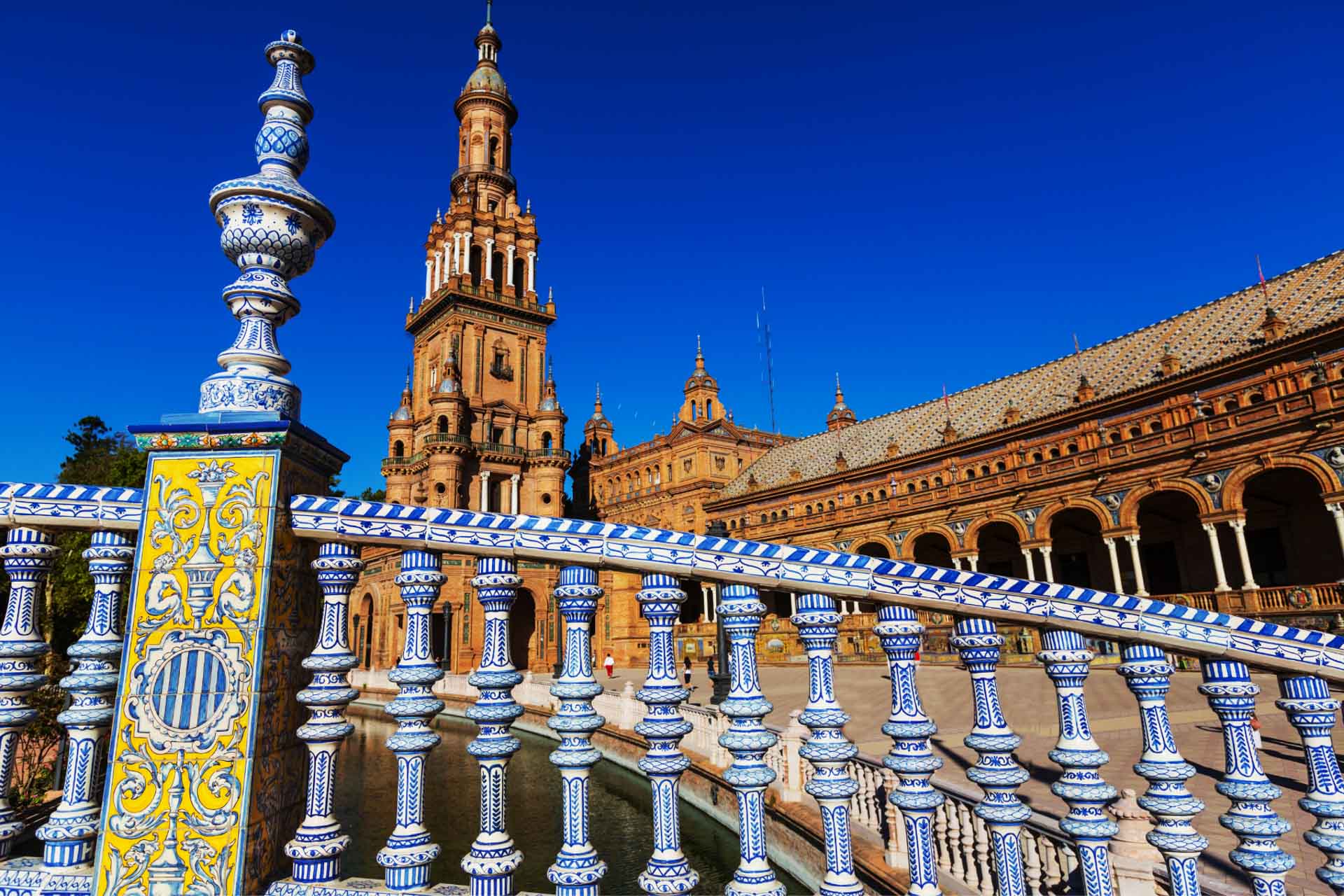Last week I had the chance to take part in a feminist protest in Sevilla, Spain.
I know what you’re thinking: Isn’t one of the first things they tell you when abroad is to avoid all protests? TECHNICALLY, yes. But I promise I had a good excuse.
When studying abroad, students are told to avoid protests and political actions because in reality, we are just long-term tourists and do not have enough of a first-hand understanding of our host country’s culture or politics to be able to take a stance in these protests. On top of that, it can be seen as disrespectful to be creating uninformed opinions and taking action on them based on policies and issues that do not usually affect us, given that we are not citizens. Not to mention, violence can arise during these protests and our abroad advisors want to keep us as far away from danger as possible. So, it makes sense why we are told to stay away. However, I am taking a class on gender and identity while in Spain and my teacher offered us the opportunity to join her to (respectfully) protest in a march for the International Day for the Elimination of Violence Against Women. I felt like this was a perfect way to experience the feminist culture in Spain, while still being culturally sensitive because I was attending with a Spaniard and because it was an international protest and not a local issue.
That being said, attending a feminist protest in Spain was a crazy experience. To begin with, the protest took place at night, which is not something that is very typical in the United States, at least not from my experience. Having the protest take place in somewhat darkness, if anything, made the protest seem more serious and forced me to really pay attention to be able to see all the posters and groups protesting around me. Beyond that, it was a similar experience to the protests I have gone to in the United States; similar chants and feminist slogans that I was familiar with in English. However, there were also some differences that I took note of in the messages that were sent during this protest compared to what is common in the United States. The main difference I noticed was that a lot of the messages on posters and in chants focused on machismo and how it is a culprit for this culture of violence against women.
Machismo is defined as a strong sense of masculine pride, but in Spain and a lot of Latinx communities it is regarded as a lot more than that. Machismo is seen as a culture that puts masculinity as the standard and therefore puts men in positions of dominance and superiority over women. Given that I have been taking a class on gender, identity and equality in Spain, I have learned a lot about how machismo frames a lot of Spanish feminist perspectives in a classroom setting. So, it was really different and interesting to see how this culture of masculine dominance plays such a strong role in the real world for Spanish women. I think machismo holds a lot of strong connotations and a lot of power because it is often associated with Francisco Franco, the man who dictated Spain from 1939 to 1975. Franco’s reign over Spain created a lot of oppression for the country, but particularly for minorities, women included. He ruled on a platform that embraced machismo and placed women in an inferior role. Women had finally earned the right to vote in 1933 in Spain, however that right was quickly taken away once Franco came into power because no democratic elections took place and therefore, women were not able to exert this right again until 1977. Beyond this, the Franco reign imposed a lot of restrictive rules that limited women’s freedom and imposed strict gender norms onto them. I think this explains why the idea of machismo evokes so many strong emotions for Spanish women, since the lingering anger and damage from the Franco reign still lingers in Spain. This can be seen in the power and words expressed by men and women taking part in the protest that night. The poster that was leading the entire march was one that said, “Contra la violencia machista, la justicia patriarcal y franquista y la opresión capitalista” which translates to say, “Against machismo violence, patriarchal and pro-Franco justice and capitalistic oppression.” That just goes to show how the impact of Franco and machismo are so deeply tied to the causes of violence against women in Spain. It is so important to recognize how these ties create differences between feminism across countries because this history is not something that feminism in any other country can relate to in the exact same way.
Spending time in Spain and learning about machismo has altered the way I view feminism and the patriarchy because it has now allowed me to include a new framework in this vision that also looks at how machismo culture exists in all communities. The patriarchy is the system created that benefits males above all others and machismo is the culture that feeds this system and creates these messages of male dominance and female subjugation within our communities. I am so appreciative to have had the chance to not only learn about feminism in a global context, but also to somewhat have experienced it alongside women sharing powerful messages and fighting against a system that has built up throughout history and is slowly transitioning to something more democratic and equal for all people.










